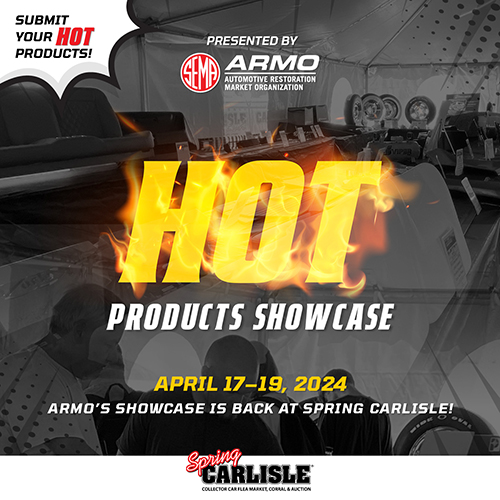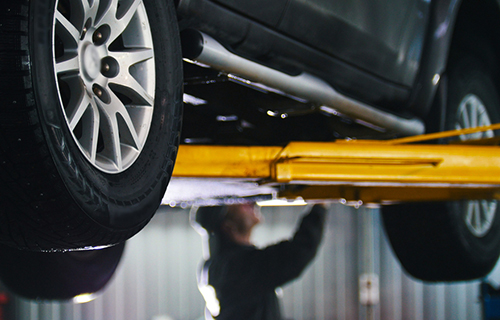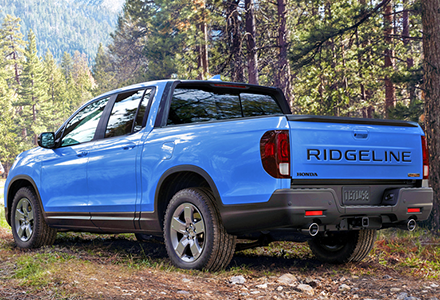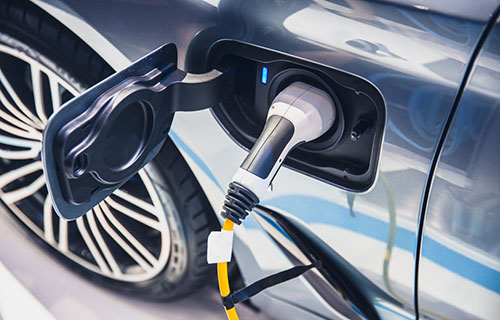By SEMA News Editors
Holley Rebrands to Holley Performance Brands
Holley Performance Products, the Bowling Green, Kentucky-based manufacturer of high-performance products, is rebranding to Holley Performance Brands.
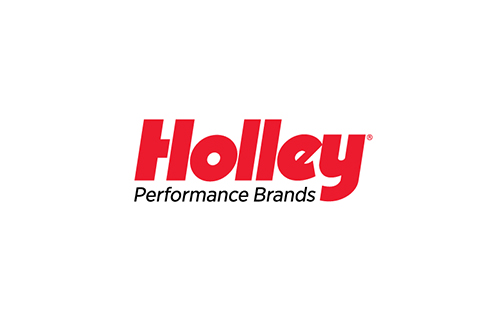
The change aims to underscore the company's expansion beyond its previous classic muscle and truck focus, Holley representatives said, and will allow Holley Performance Brands to better serve a wider customer base with specialized products and services, enhancing its market adaptability and consumer engagement.
In the coming weeks and months, Holley Performance Brands will transition to its new branding and update visual touchpoints across its branded and marketing assets.
For more information, visit holley.com.
Skip Barber Acquires SRX, Hires Don Hawk as Chief Strategy Officer
The Skip Barber Racing School, headquartered in Alton, Virginia, announced today that it has acquired Superstar Racing Experience (SRX), a short-track racing series featuring current and former racing legends.
Since the inaugural season of SRX in 2021, the Skip Barber Racing School has served as the official logistics partner for the series, responsible for the care, maintenance and transport of all series vehicles throughout the season.
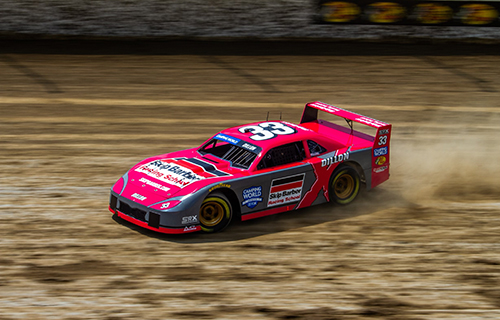
Additionally, Former Superstar Racing Experience CEO Don Hawk will join the Skip Barber Racing School as the organization's new chief strategy officer.
Hawk will lead the growth and development of the Skip Barber Racing School brand, which includes racing schools, safe-driving academies, formula car race series and a professional race team operating in SRO and IMSA.
More details regarding the 2024 season will be revealed at a later date, according to the announcement.
For more information, visit skipbarber.com.
Meyer Distributing Names 2023 Manufacturers, Factory Reps and Person of the Year
Meyer Distributing--the wholesale distributor with 99 locations across the United States and Canada--has announced its 2023 manufacturer, factory reps and person of the year.
"As a 100% family-owned and operated business, we realize how important and impactful it is to recognize strong partners," said Cody Ziegler, vice president of sales for Meyer Distributing. "[Last year] was another rewarding year across many of our business segments, and we want to give a shout-out to those folks. Hard work, determination and perseverance are just a few qualities needed to achieve goals and expectations despite any obstacles we might encounter."
Meyer Distributing has awarded the following:
- Truck Accessory Manufacturer of the Year: Access Bed Covers
- Performance Manufacturer of the Year: Air Lift Performance
- Tire & Wheel Manufacturer of the Year: Method Race Wheels
- RV & Towing Manufacturer of the Year: Blue Ox
- 4x4 & Off-Road Accessory Manufacturer of the Year: Hi-Lift Jack
- 4x4 & Off-Road Suspension Brand of the Year: Bilstein
- Commercial & Fleet Brand of the Year: Weather Guard
- Industrial Supply Brand of the Year: Streamlight Inc.
- Vehicle Detail & Protection Brand of the Year: Chemical Guys
- 12V & Audio Brand of the Year: Massive Audio
- Outdoor & Recreation Person of the Year: Jake Montoya
- Performance & Truck Factory Rep of the Year: Tony West
- Tire & Wheel Factory Rep of the Year: Alan Kung
- Marine Brand of the Year: Bob's Machine
For more information, visit meyerdistributing.com.
Got company news? Releasing a new product? Contact editors@sema.org.
